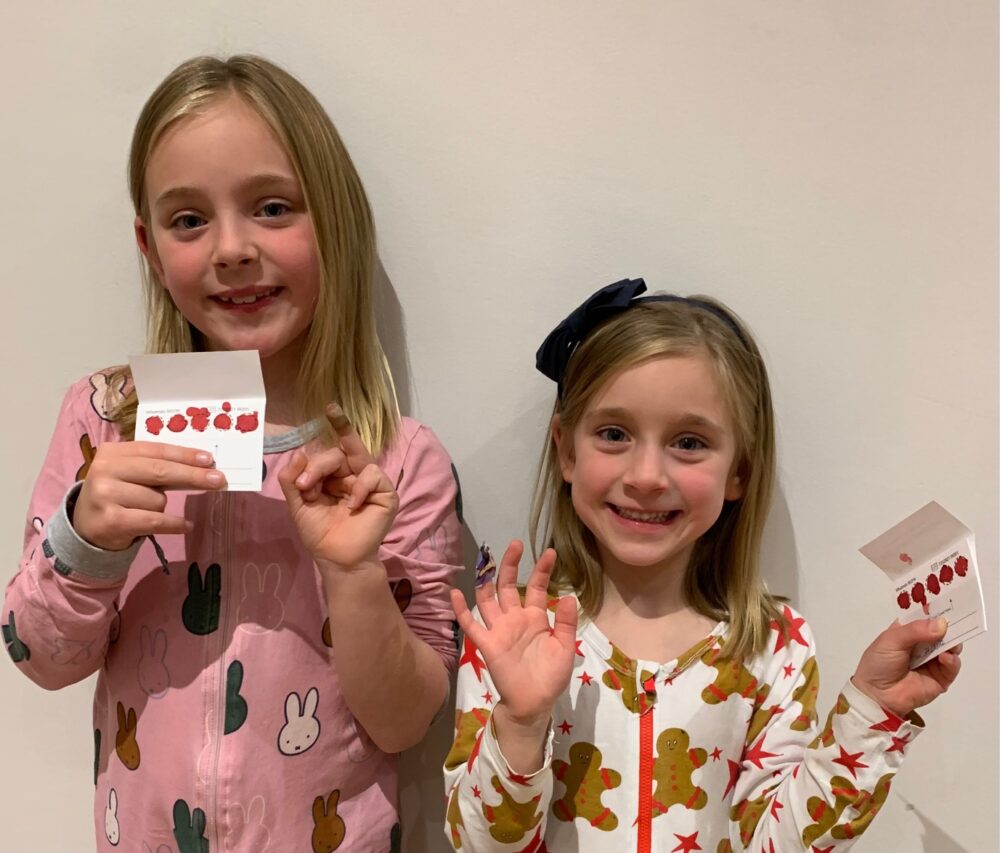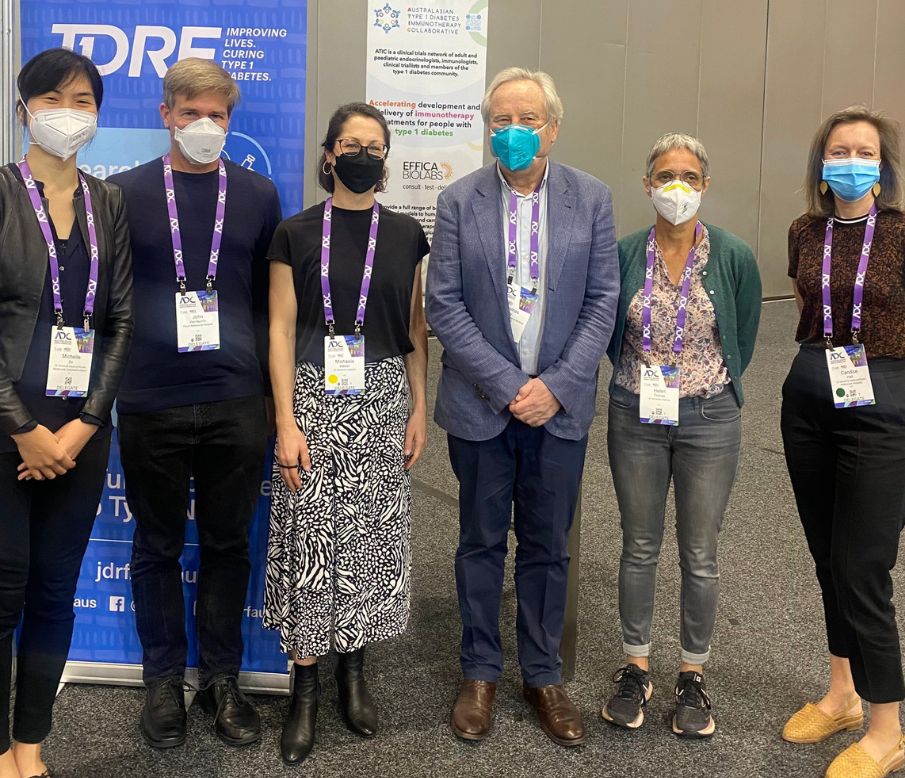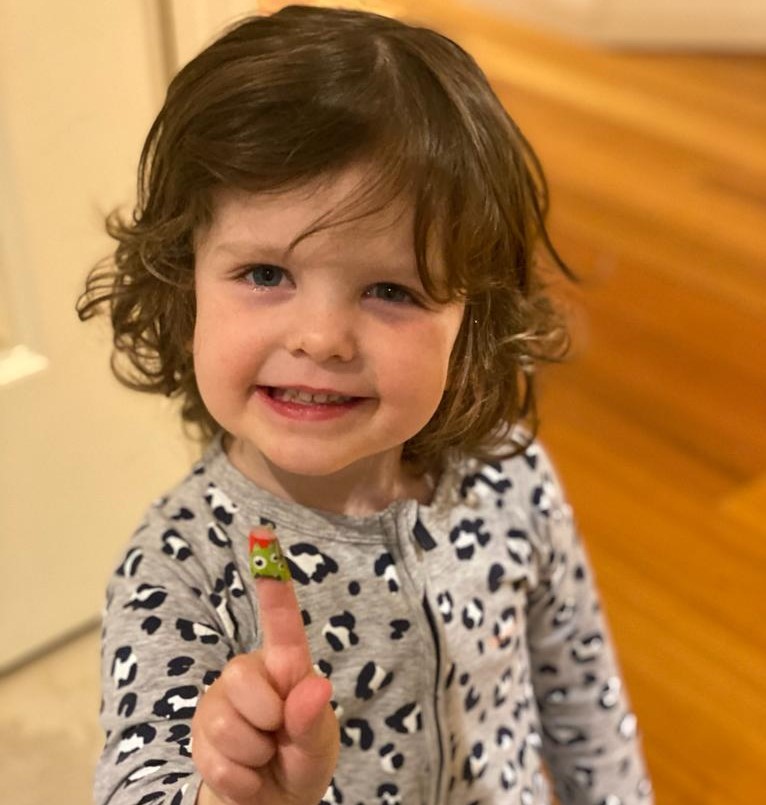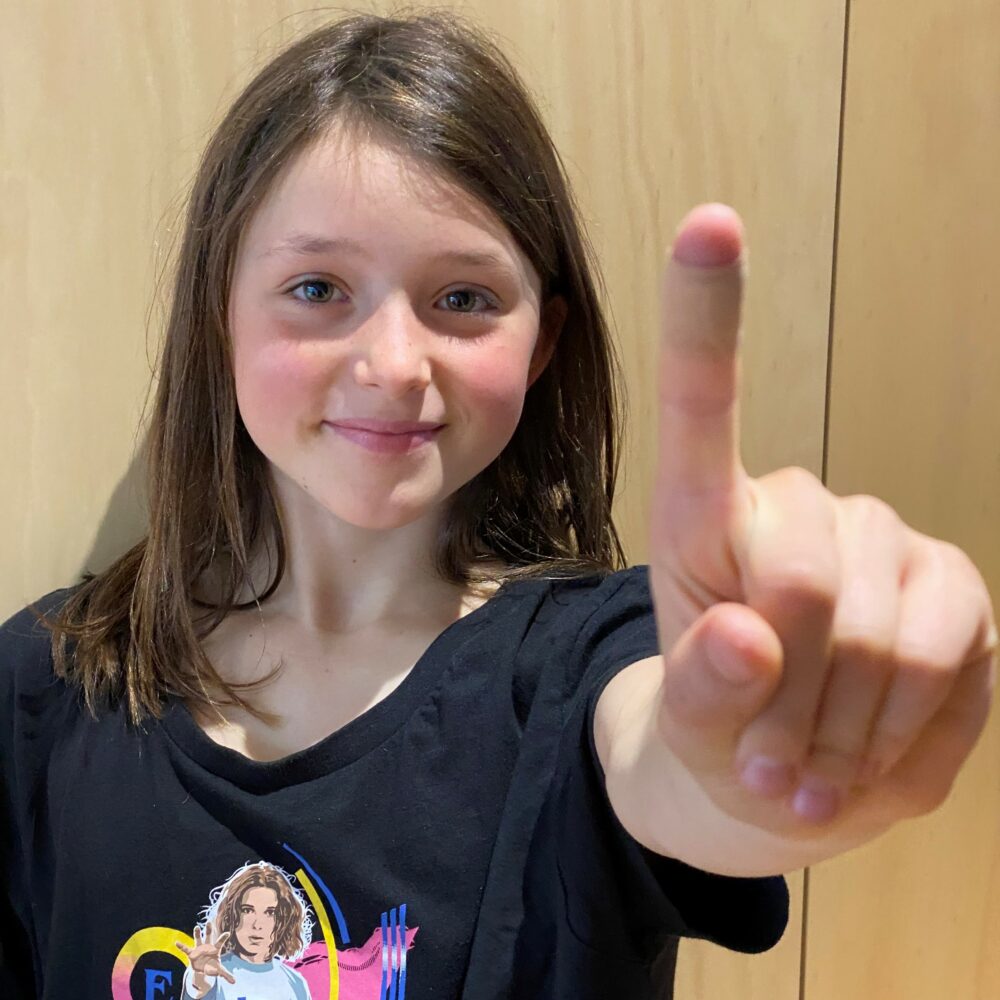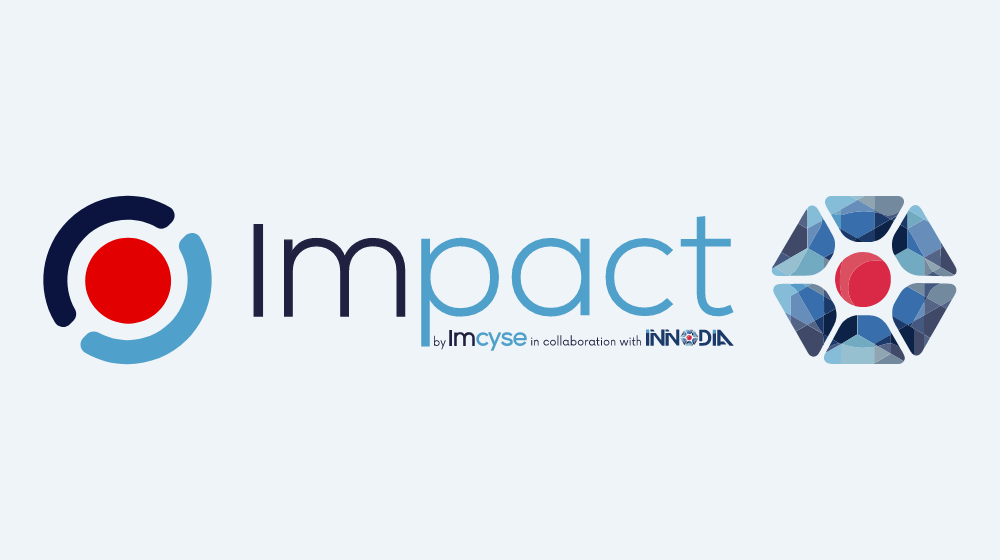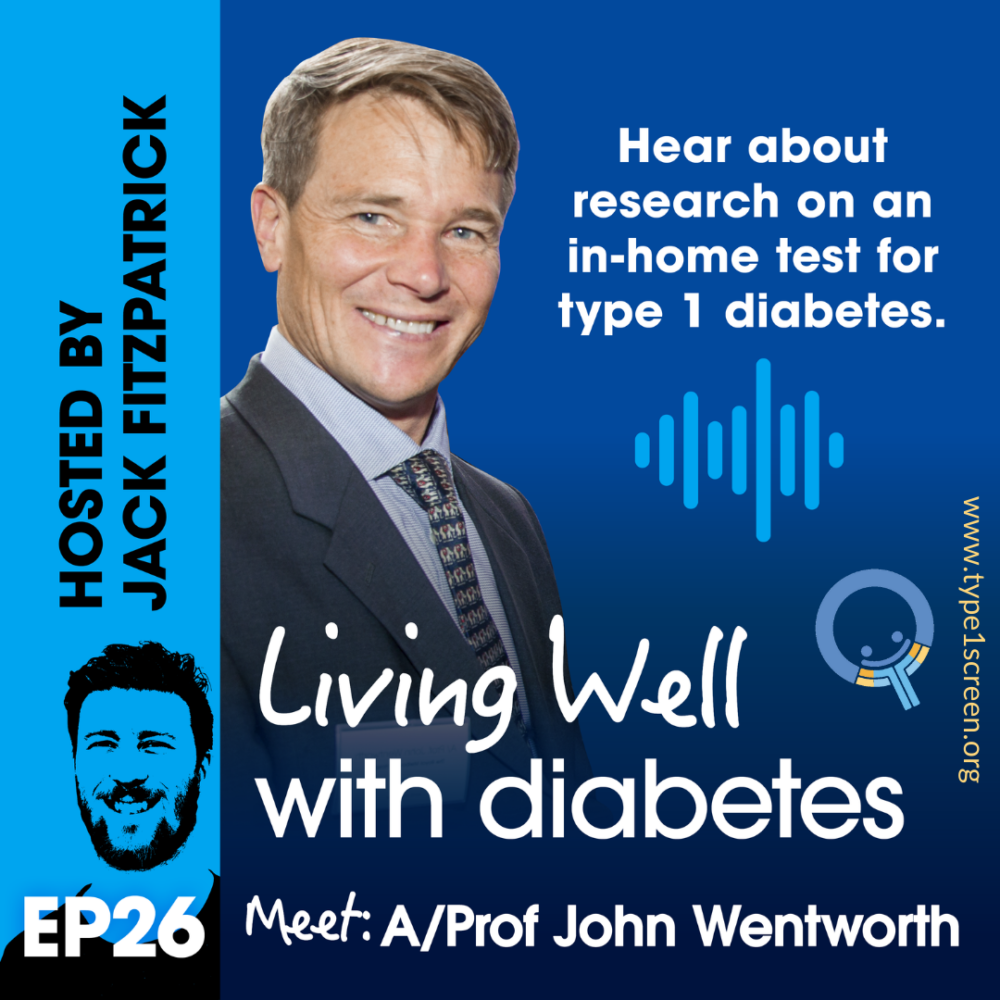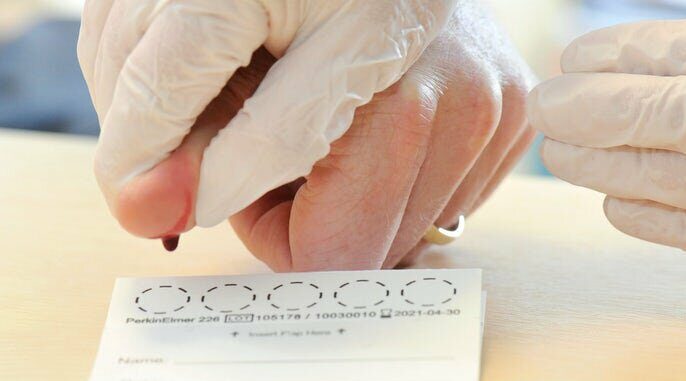Type1Screen registers 100 participants!
Type1Screen has registered its 100th participant via our new online portal.
The portal was launched on July 28th 2022. Our very first registrant joined August 18th 2022.
We are really pleased and thankful for the community uptake of this initiative.
If there is type 1 diabetes in your family, and you wish to get screened for your risk of the condition, you can register here.
Anyone aged 2 years or older with a family history of type 1 diabetes, and living in Australia or New Zealand, is eligible for this free screening test.
